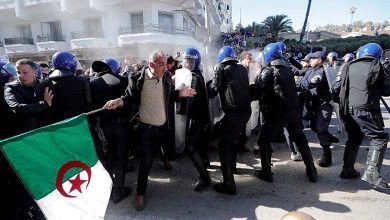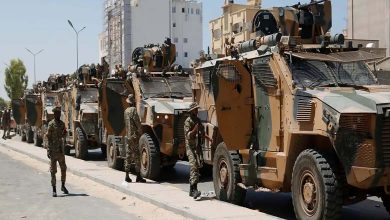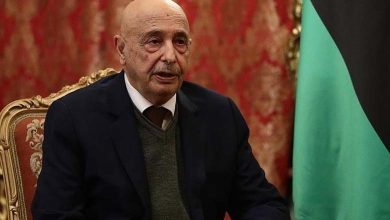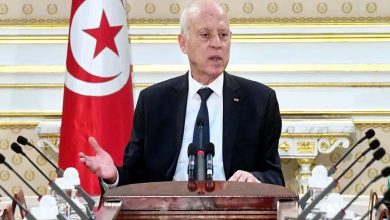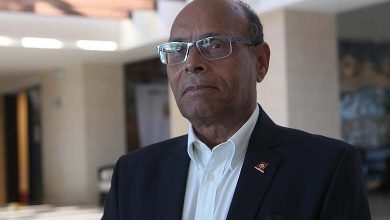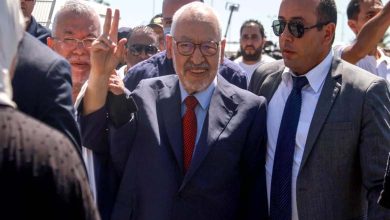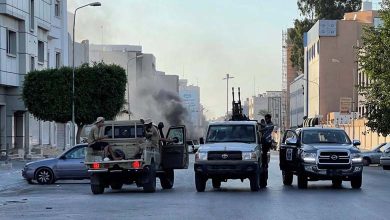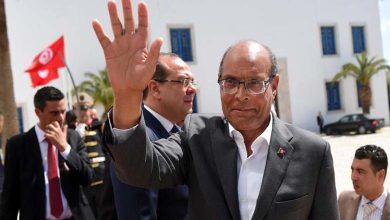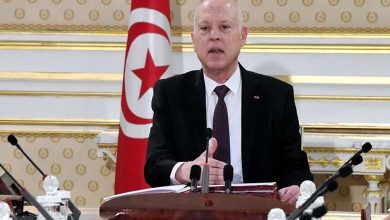Libya – Escalation of the political crisis; Will there be consensus on the unity of the country?
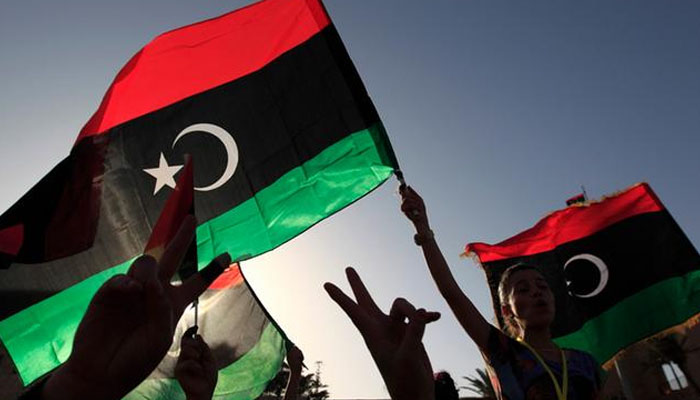
The Libyan political scene continues to witness numerous upheavals and a new escalation. In light of the political crisis in the country, the Speaker of the Libyan House of Representatives, Aguila Saleh, considered that the political agreement between the political parties “may be obsolete”.
Dbeibeh Government
The President also stressed that the Presidential Council cannot “imply and threaten” the establishment of a constitutional rule. During a parliamentary session held in Benghazi, he called for the appointment of a President of the Supreme Court, accusing the President of taking sides with the Government of National Unity headed by Abdul Hamid Dbeibeh, despite his claim that he is at a distance from all parties. The parliament confirmed the appointment of Counselor Abdullah Abu Ruziza as President of the Supreme Court.
Dark tunnel
Dr. Mohamed Al-Asmar, a Libyan researcher and analyst, says that the Libyan crisis is now entering a dark tunnel as a result of the complexity of the political and security scene in Libya during the past months, and the blockage of the negotiation process between the House of Representatives and the State on the constitutional rules organizing the general elections, especially the presidential elections, especially after the Presidential Council threatened to intervene to solve this chronic dilemma by producing a constitutional base of its part, for the second time in two months, which was met with strong rejection from many parties, especially the House of Representatives, which considered this an infringement of its legislative jurisdiction.
The Libyan analyst added that the crisis is escalating in light of the confusion of the Libyan scene at the present time, especially with the presence of changes and escalation between the Libyan parties and the institutions on the constitutional rules organizing the elections. He pointed out that solutions entered the absence of solutions at this time when Libya needs quick solutions to save it from this ongoing crisis
A move to confuse the scene
Khaled al-Turjman, a Libyan political analyst, said some parties are trying to push Mohamed al-Menfi, the head of the Presidential Council, to disrupt the political scene in Libya by moving towards the constitutional base.
The Libyan political analyst added that the Presidential Council is looking for a role in the current stage, and therefore it is interfering in matters beyond its powers, and is under the control of the capital militias. He pointed out that the Libyan crisis is becoming more difficult, especially in light of the clear intransigence on the ground and the lack of agreement on a single vision in order to reform the political scene, especially in light of the presence of armed militia on the land of Tripoli and the threat to the stability of the state.
Ongoing conflicts
Egyptian journalist Gamal Al-Keshky says: The historic conflict over Libya has left imprints and scars that are difficult to get rid of easily. Those who formulated the rules of chaos and sabotage are still betting on completing these scenes. The entry of the so-called Arab Spring into the country of Omar al-Mokhtar created a political team that refuses to quit.
The Egyptian journalist added that there are painful details, political, social, economic and security, that control the situation in Libya. After talking about holding the parliamentary and presidential elections, the political clouds quickly controlled the Libyan scene again, and we are facing re-scenarios, repeated since the so-called Arab Spring. “Thus far, the return to the dictionary of guns, the spread of the phenomenon of militias and mercenaries, the display of force and the spread of chaos, with the aim of controlling the streets of the capital Tripoli, is no secret to one of the clashes that took place in the west of Libya, which claimed the lives of dozens of Libyans, and caused many Libyan institutions to be paralyzed, shaking the confidence of the Libyan citizens in the possibility of reaching the stage of restoring the state and strengthening its institutions, in order to achieve the return of essential services to the Libyan citizen, who has been besieged by crises for a decade.”
He pointed out that the reality indicates that there are interests of the conflicting parties, who fear that the situation of stability is not in their interest, for example, the survival of the militias and mercenaries is closely linked to prolonging chaos and sabotage, and that cutting any distance on the path to stability is not in line with their goals, as well as the presence of some external forces and parties, who believe that the survival of their interests in Libya is not separate from the political liquidity and security chaos that plague the Libyan western cities, and therefore we find an explanation for the resistance to form a single strong government, parliament and an elected president.


